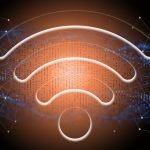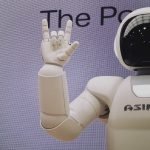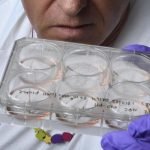Can ChatGPT give you reliable information about cancer?
A new study from the University of Utah found that chatbots and artificial intelligence (AI) are increasingly being used as resources for cancer information.
The...
This is what happens when your phone is spying on you
Smartphone spyware apps that allow people to spy on each other are not only hard to notice and detect, they also will easily leak...
New traffic cop algorithm helps a drone swarm stay on task
MIT engineers have developed a method to tailor any wireless network to handle a high load of time-sensitive data coming from multiple sources.
How fresh...
Machines, are they smarter than a six-year-old?
Generally speaking, machine learning is the science of teaching machines to act similar to humans.
UCLA’s most advanced humanoid robot gets ready for action
Mechanical engineers at the UCLA Samueli School of Engineering have developed a full-sized humanoid robot with first-of-its-kind technology.
Should you pay for Meta’s and Twitter’s verified identity subscriptions?
Social media services have generally been free of charge for users, but now, with ad revenues slowing down, social media companies are looking for...
New method can predict Alzheimer’s disease 5 years before diagnosis
Researchers at the University of Florida have designed an artificial intelligence (AI) system that can predict which patients will develop Alzheimer's disease up to...
Biocomputer could run on human brain cells within our lifetime
A "biocomputer" powered by human brain cells could be developed within our lifetime, according to Johns Hopkins University researchers who expect such technology to...
AI may help detect Alzheimer’s disease more effectively
In a study from Massachusetts General Hospital, scientists recently developed an accurate method for detection that relies on routinely collected clinical brain images.
The advance...
Can a wearable device make an impact on your heart health?
Mobile apps and wearable trackers claim to help detect heart problems and help manage — or even prevent — a heart condition. But do they...










